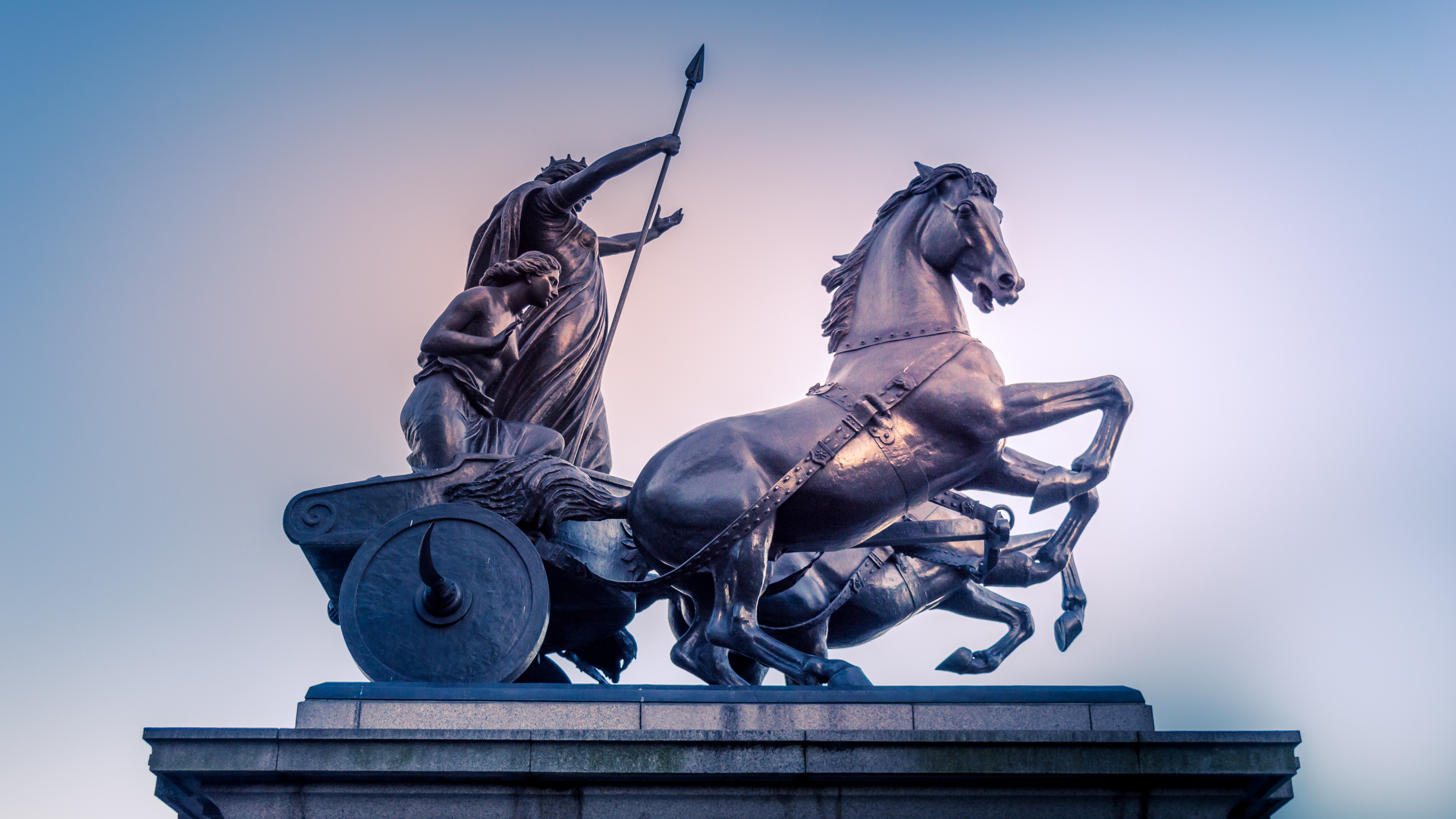
Photo by Chris Karidis on Unsplash
By Resti Santiago
The recognition of the difference between the concepts of fate and free will lies at the root of astrology. Without fate, astrologers wouldn’t be able to make a prediction, and the scientia and art of astrology would not have lasted for more than 4,000 years. Astrologers believe in fate, however, this does not mean that astrologers don’t believe in “free will.”
This is a philosophical question and the over-simplification of this matter has turned the favor against astrology. Astrology isn’t simple, hence it is worthwhile to study the philosophy behind the scientia of the stars. Two of the most important of these philosophies are Stoicism and Neo-Platonism. For now, we will tackle Stoicism.
Stoicism is one of the least understood Greek philosophies in the modern age – wherein free will is the mantra. This may partly explain why astrology is also misunderstood. To change the popular perception of astrology, we must rediscover its philosophical foundation.
Zeno founded Stoicism in the 3rd century B.C. Primarily, it was a philosophy of living a just and moral life through the control or eradication of destructive emotions. Its goal is to be free from anger, envy, and jealousy – living a virtuous life.
Among the most famous stoics are Seneca the Younger, Epictetus and Emperor Marcus Aurelius. In recent years, Stoicism has seen a revival and these philosophers are being read again. It’s time that astrology enthusiasts do the same.
Stoics on Character and Fate
The main connection between astrology and stoicism is fate and character development. The basic tenet of stoicism is “everything has a cause.” Everything we do becomes the cause of something else. This is called causal determinism, which connects everything to everything else. When applied to the life of humankind, this concept equates to fate.
According to Plato, our fate is tied up with the movements of the planets, which is like spinning the thread of life. Before we incarnate, we have chosen the kind of life we will have. We can thus argue that astrology is one proof of this connection that Stoics are looking for. The orbit and the structure of the Solar System is the mechanism that animates fate. It is inherent in astrology that the movement of the planets above in the sky affects what is on earth below.
On the issue of character development, astrology can be a tool towards self-mastery. At the temple of the Delphic Oracle in ancient Greece was written the dictum “Man, Know Thyself.” Astrology newbies can easily relate to this aspect of astrology as they progress from Sun sign astrology to that of a complete astrological reading of personalities with greater detail and accuracy.
However, Hellenistic astrology – as taught by one of its modern masters – tries to distinguish the astrological component of personality from the astrological component of fate. We are born with certain traits that can be traced to a planet’s influence but, this is not us. Our inner nature goes beyond those character traits.
The figure of Helios with his horses comes to mind. As the charioteer, he needs to strike a balance between two horses, which represents the animal nature and the divine nature. Every planet has a good and bad side. The negative side of the planets is also part of our nature, or rather part of the instrument of the soul, we call our bodies.
For example, a person ruled by Mars is prone toward anger and hatred. Knowing his ruling planet can bring about understanding and acceptance, but we do not stop there. Our Soul is the Charioteer. We recognize our strengths and weaknesses, but we aim for something higher and maneuver our animal nature to go where the Charioteer would steer his chariot. The horses should obey the Charioteer.
Excerpt from Medieval Astro-Clock 2017.
